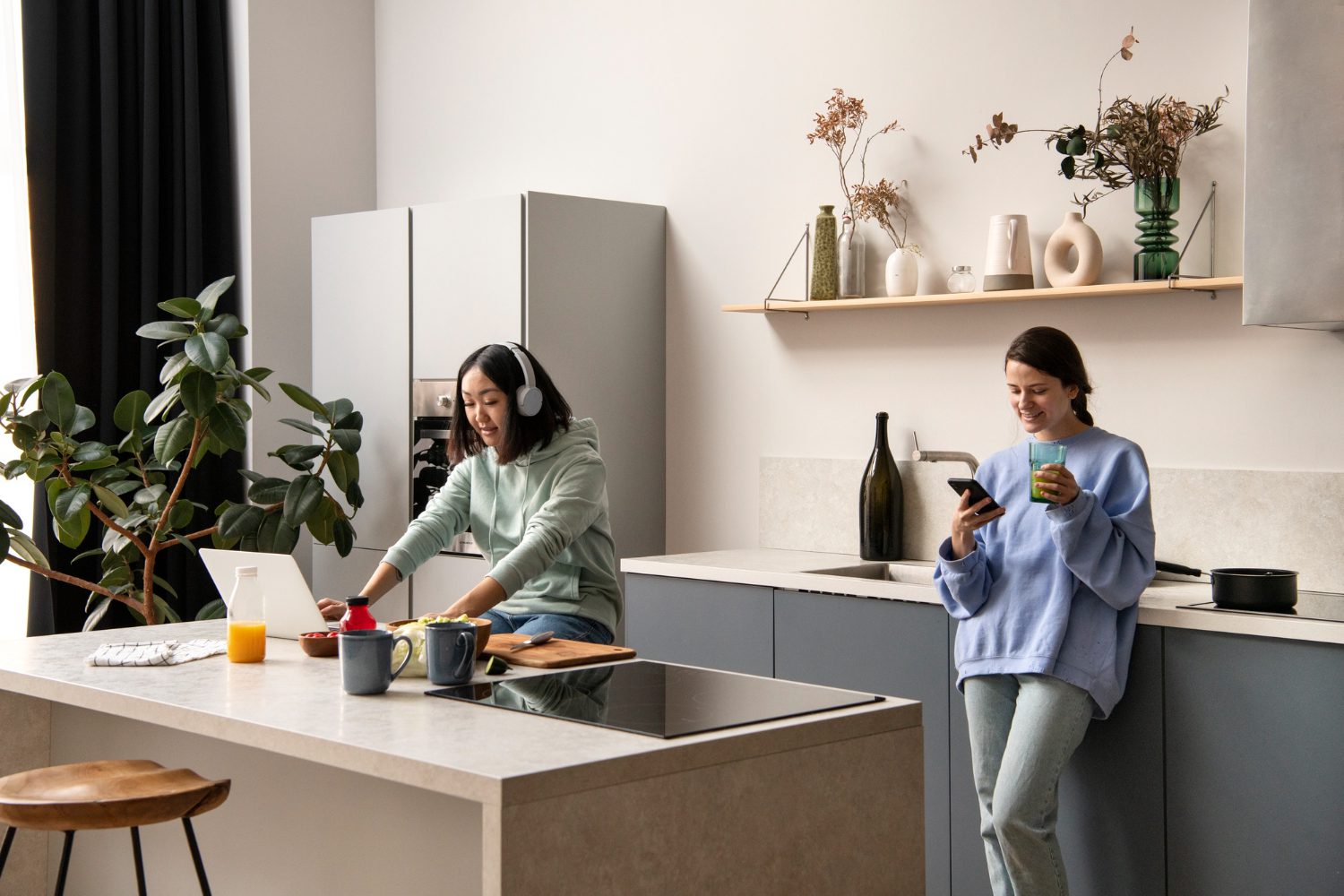As urban living spaces continue to shrink, homeowners are seeking innovative solutions to maximize their space. One such solution is multifunctional spaces, where a single room serves multiple purposes. However, this trend poses unique challenges when it comes to appliance repair.
The Rise of Multifunctional Spaces
Multifunctional spaces have become increasingly popular in recent years, driven by the need for efficient use of space. According to a survey by the National Association of Home Builders, 70% of homeowners prefer open-plan living areas that combine kitchen, dining, and living spaces.
The Impact on Appliance Repair
As multifunctional spaces continue to gain popularity, appliance repair technicians must adapt to the changing landscape. With multiple appliances in close proximity, a single malfunction can disrupt the entire space.
Key Challenges Facing Appliance Repair Technicians
- Increased Complexity: Multifunctional spaces often feature custom-designed appliances that require specialized knowledge and tools for repair.
- Space Constraints: Tight spaces make it difficult for technicians to maneuver and access appliances, increasing the risk of damage or injury.
- Interconnected Systems: Appliances in multifunctional spaces are often interconnected, making it essential to diagnose and repair issues quickly to prevent cascading failures.
Adapting to the New Normal
To thrive in this environment, appliance repair technicians must develop new skills and strategies:
- Specialized Training: Technicians need training on custom-designed appliances and their unique characteristics.
- Advanced Diagnostic Tools: Investing in advanced diagnostic tools enables technicians to quickly identify issues and develop effective repair solutions.
- Efficient Repair Processes: Streamlining repair processes ensures that technicians can work efficiently in tight spaces, minimizing downtime and disruption.
The Importance of Preventive Maintenance
Regular maintenance is crucial in multifunctional spaces, where a single malfunction can have far-reaching consequences. Homeowners should prioritize routine checks and maintenance to prevent appliance failures.
Benefits of Preventive Maintenance
- Reduced Downtime: Regular maintenance helps prevent unexpected breakdowns, minimizing disruption to daily life.
- Extended Appliance Lifespan: Proper maintenance extends the lifespan of appliances, reducing replacement costs and environmental waste.
- Improved Safety: Well-maintained appliances reduce the risk of electrical or fire hazards.
The Role of Technology in Appliance Repair
Advancements in technology are transforming the appliance repair industry:
- Remote Diagnostic Tools: Remote diagnostic tools enable technicians to diagnose issues remotely, reducing response times and increasing efficiency.
- Smart Appliances: Smart appliances can detect potential issues before they occur, enabling proactive maintenance and minimizing downtime.
- Virtual Reality Training: Virtual reality training platforms provide technicians with immersive, hands-on experience with custom-designed appliances.
The Future of Appliance Repair
As multifunctional spaces continue to evolve, appliance repair technicians must stay ahead of the curve:
- Continuous Training and Education: Technicians need ongoing training to keep pace with emerging technologies and custom designs.
- Investment in Specialized Tools and Equipment: Investing in specialized tools and equipment ensures that technicians can efficiently repair complex appliances.
- Embracing Sustainable Practices: The appliance repair industry must prioritize sustainable practices, reducing waste and promoting environmentally friendly solutions.
The rise of multifunctional spaces has transformed the appliance repair landscape. To thrive in this environment, technicians must adapt to new challenges, develop specialized skills, and leverage technology to provide efficient, effective repair solutions. By prioritizing preventive maintenance, embracing innovative technologies, and adopting sustainable practices, we can ensure that our appliances continue to function seamlessly, even in the most complex of spaces.
